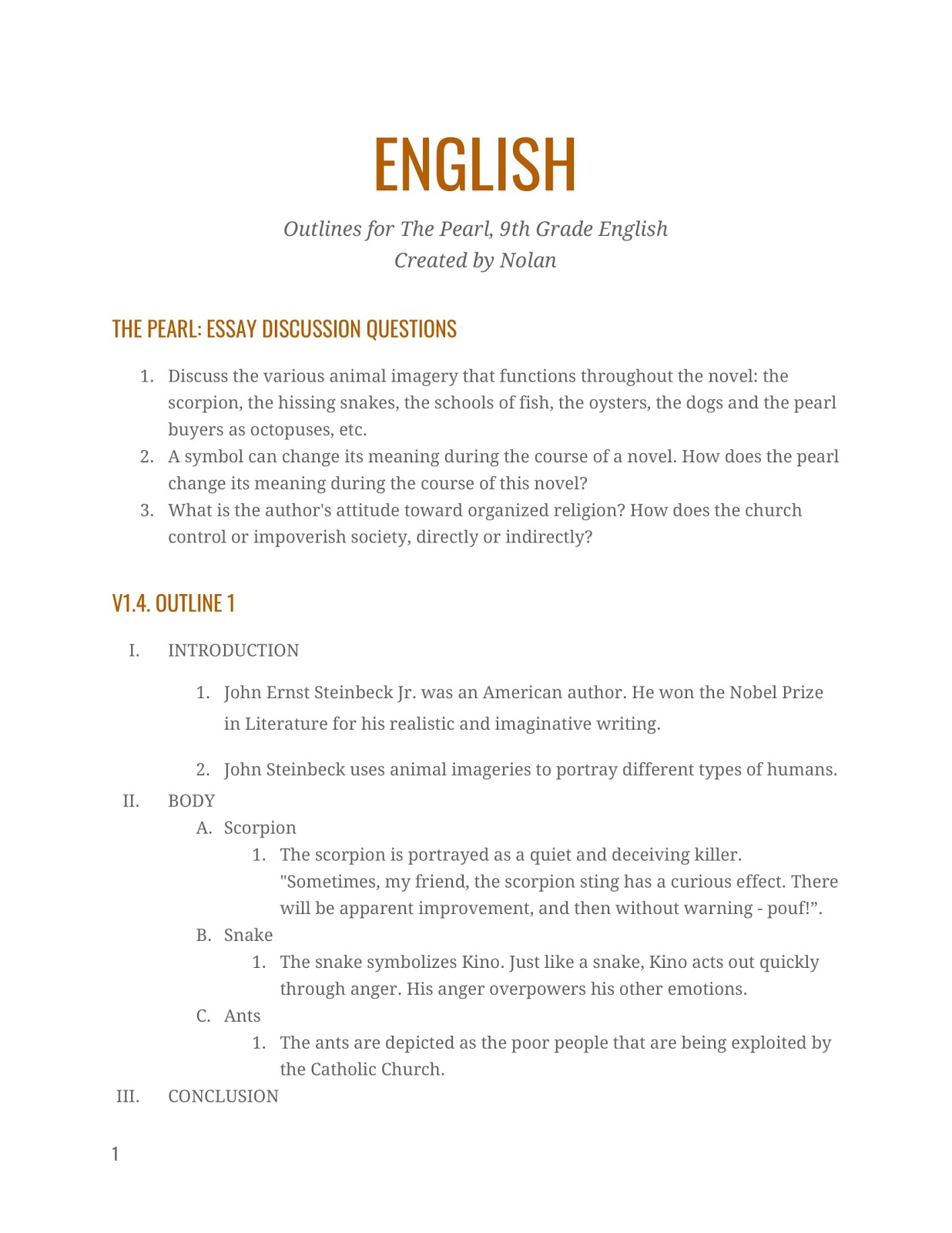Chanrithya Nolan Ngim
Dr. Coles
AP Humanities
01.25.21
Rhetorical Analysis: ADL Speech
At the
Anti-Defamation League, actor and comedian Sasha Baren Cohen delivered a speech
that attack large social media platforms such as Facebook, Google, and Twitter
for allowing hate speech and misinformation to spread on their platforms. In
his speech, Cohen spoke in a critical tone and with purpose, using various
rhetoric such as listing and analogies, all while appealing to logos to get his
message across to the audience.
Cohen gave this speech at the Anti-Defamation League, or
also known as ADL. This is an anti-hate organization founded to stop the
defamation of Jewish people. These are people who have had experience with
hatred and hostility in one way or another from anti-Semites. The circumstances
surrounding the speech alone does not necessarily give rise to the need for
persuasion.
Throughout his speech, Cohen spoke in a very critical tone,
often criticizing and deriding the “simply absurd” arguments that big social
media CEOs like Mark Zuckerberg gave for allowing hate and misinformation to
surf around on the internet. While having a critical tone, Cohen also lists out
each fallacies and canards that social media giants have as their rules and
regulation. For instance, Cohen notes that Zuckerberg’s portrayal of the issue
as “choices around free expression” is “ludicrous”. Cohen points out that these
social media giants, or rather the ones in control are allowing the most “reprehensive
people on earth” to spread their hateful ideologies and false information.
Cohen also appeal to logos and provided an analogy to
further make his point that social media giants are irresponsible and reckless
in allowing hate speech and misinformation to spread. Cohen compares the
responsibilities of social media giants to that of a restaurant owner. if a
neo-Nazi intends to threaten and harm customers in a restaurant, the owner has
every right to remove and “kick” them out, so to speak. This usage of analogy
further points out the lack of responsibility that social media giants have on
their part. Cohen makes it clear that he is not asking the company to
“determine the boundaries of free speech across society,” but to only be
responsible as to not allow things such as misinformation and hate speech to
harm other people using their platforms.
While Cohen acknowledges the fact that he is not a scholar,
Cohen skillfully points out all the fallacies with listings while appealing to
logos, spoke in a critical tone, often rebutting against some of the arguments
made by the social media giants, and even went as far as providing an
discernible and obvious analogy for his more general audience. Cohen allows his
audience to understand his frustrations and shortcomings of the social media
platforms and hopefully be able to cause a change in the chain of
misinformation that is social media.


Comments
Post a Comment